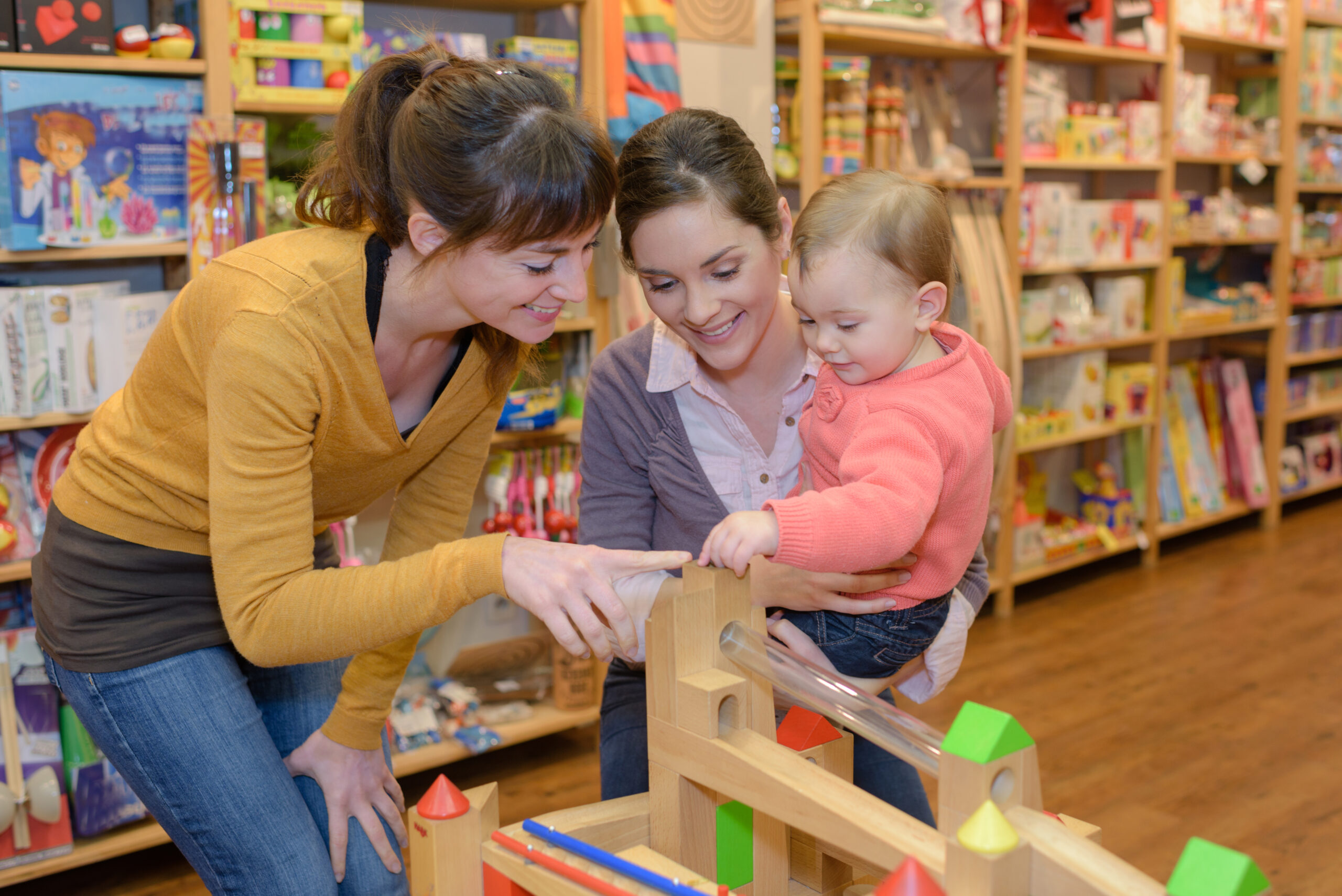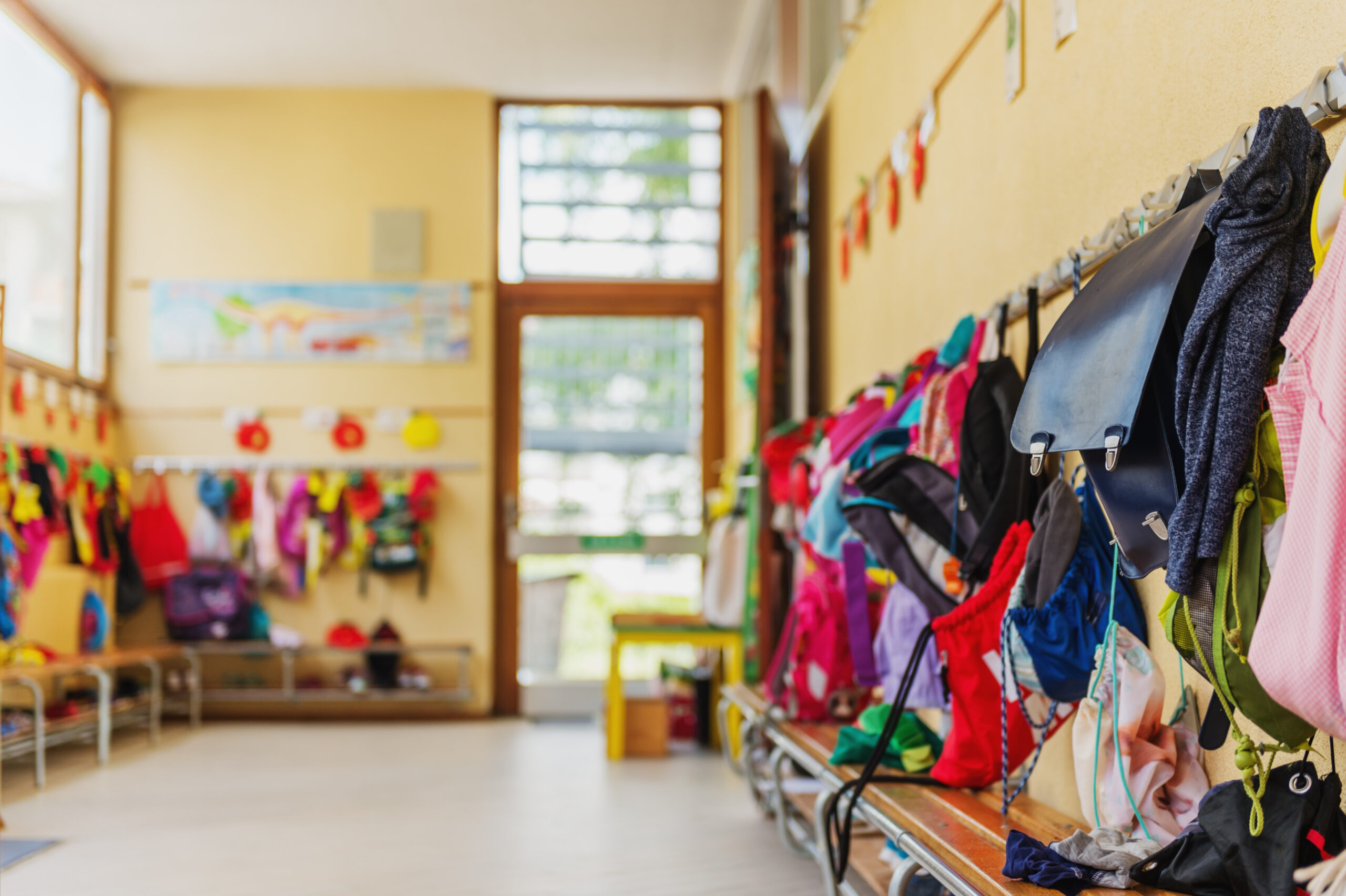Open communication between parents, children, and daycare providers is essential for ensuring your child’s well-being and success at daycare. By fostering an environment of openness and transparency, you can better understand how your child is doing at daycare, address any concerns, and support their overall development. Let’s explore strategies for establishing open communication with your child about their daycare experiences, encouraging their honest feedback, and collaborating effectively with daycare providers.
Encouraging Open Communication with Your Child
Creating a Safe Space for Sharing
To foster open communication, it’s essential to create a safe and non-judgmental space where your child feels comfortable sharing their thoughts and feelings about daycare. Encourage your child to express themselves freely, without fear of criticism or negative consequences.
Asking Open-Ended Questions
Rather than asking your child simple yes or no questions about their day, encourage open communication by asking open-ended questions. For example, instead of asking, “Did you have a good day?”, you might ask, “What was the best part of your day?” or “What did you learn today?” These questions prompt more thoughtful and detailed responses, providing valuable insights into your child’s daycare experience.
Active Listening
When your child shares their thoughts and feelings, practice active listening by giving them your full attention, maintaining eye contact, and responding with empathy and understanding. This approach demonstrates your genuine interest and encourages your child to continue sharing openly.
Collaborating with Daycare Providers
Establishing Regular Check-Ins
Arrange regular check-ins with your child’s daycare provider to discuss your child’s progress, any concerns, and the daily activities and experiences they enjoy. These conversations help maintain open communication and ensure that you stay informed about your child’s well-being and development.
Building Trust and Respect
Develop a strong relationship with your child’s daycare provider based on trust and mutual respect. Be open to their feedback and suggestions, and collaborate on strategies to support your child’s growth and success at daycare.
Sharing Information
Keep your child’s daycare provider informed about any changes or events in your child’s life that may impact their behavior or well-being at daycare. By sharing this information, you can work together to address any concerns and provide the best possible support for your child.
Encouraging Your Child to Speak Up
Discussing Feelings and Emotions
Help your child develop the language and understanding to express their feelings and emotions. Encourage them to share their feelings about daycare and discuss any concerns or fears they may have. Validating their emotions and providing reassurance can help your child feel more comfortable discussing their experiences openly.
Teaching Assertiveness
Teach your child the importance of assertiveness and standing up for themselves in a respectful manner. Role-play different scenarios they may encounter at daycare, and practice expressing their thoughts and feelings calmly and confidently. This skill will help your child communicate more effectively with their peers and caregivers at daycare.
Encouraging Problem-Solving
Empower your child to address challenges and solve problems independently by encouraging them to brainstorm solutions and consider the potential outcomes. By developing their problem-solving skills, your child will be better equipped to navigate difficulties and express their concerns openly.
Supporting Your Child’s Emotional Well-Being
Validating Their Feelings
When your child shares their feelings about daycare, validate their emotions and acknowledge their experiences. Avoid dismissing or minimizing their concerns, and instead, offer empathy and understanding.
Addressing Concerns Together
If your child expresses concerns or fears about daycare, work together with them and their daycare provider to find solutions and address these issues. This collaborative approach can help your child feel supported and empowered to communicate openly about their experiences.
Monitoring Your Child’s Emotional Health
Regularly check in with your child about their emotional well-being and ensure they feel comfortable discussing any concerns or challenges they may face at daycare. By staying attuned to your child’s emotions, you can proactively address any issues and support their emotional health.
Celebrating Open Communication
Acknowledging Your Child’s Efforts
Recognize and praise your child’s efforts to communicate openly and honestly about their daycare experiences. Express your appreciation for their willingness to share and emphasize the importance of open communication in your family.
Sharing Your Own Experiences
Model open communication by sharing your own experiences and feelings with your child. By demonstrating vulnerability and openness, you can help create an environment that fosters honesty and transparency.
Fostering open communication with your child about their daycare experiences is essential for understanding their well-being and ensuring their success. By encouraging honest feedback, collaborating effectively with daycare providers, and supporting your child’s emotional well-being, you can create a nurturing environment that promotes openness and transparency. By implementing these strategies, you can work together with your child and their daycare provider to address any concerns, celebrate achievements, and provide the best possible support for your child’s growth and development at daycare.





